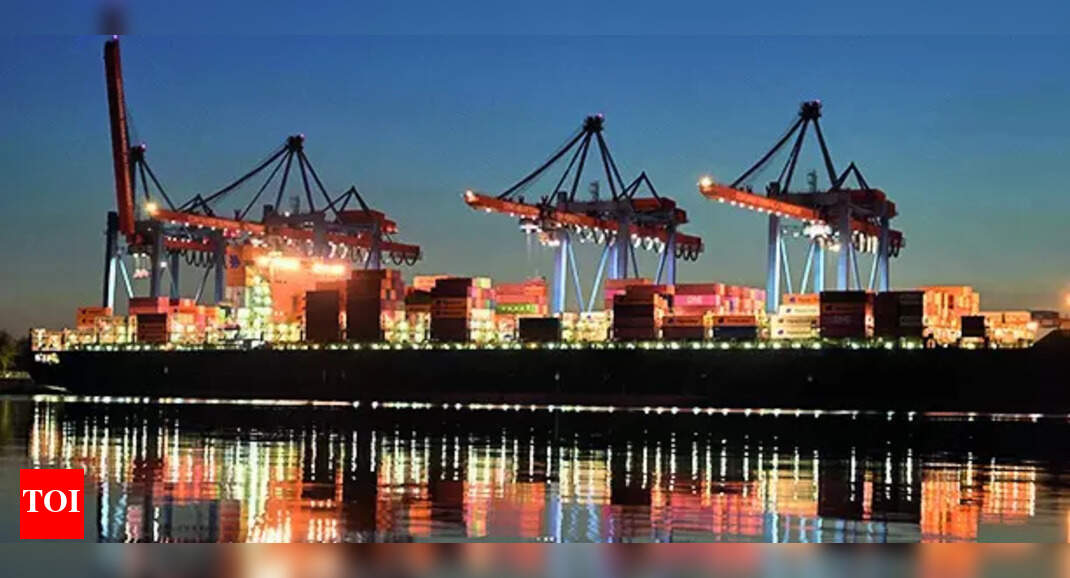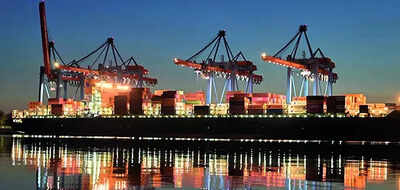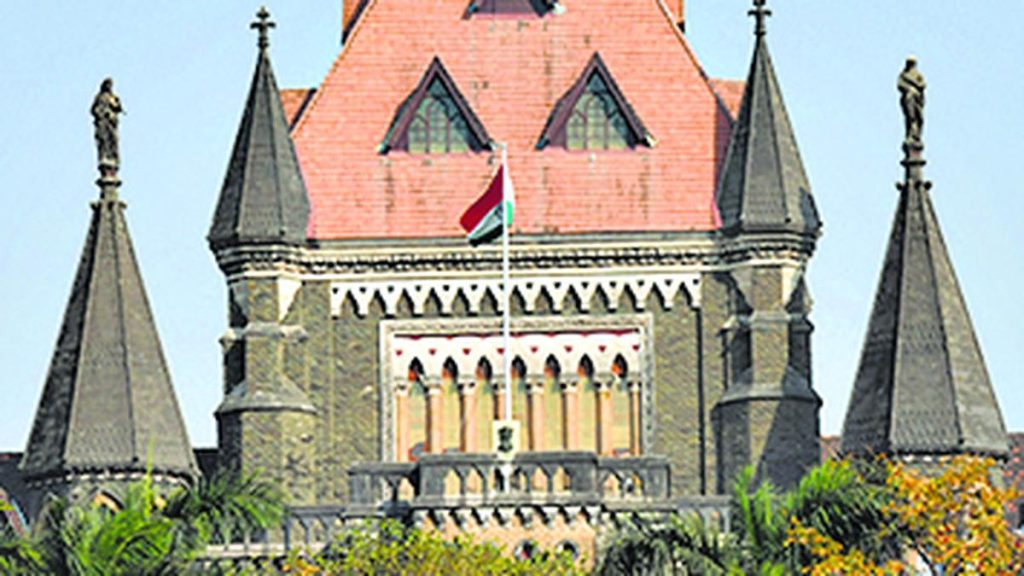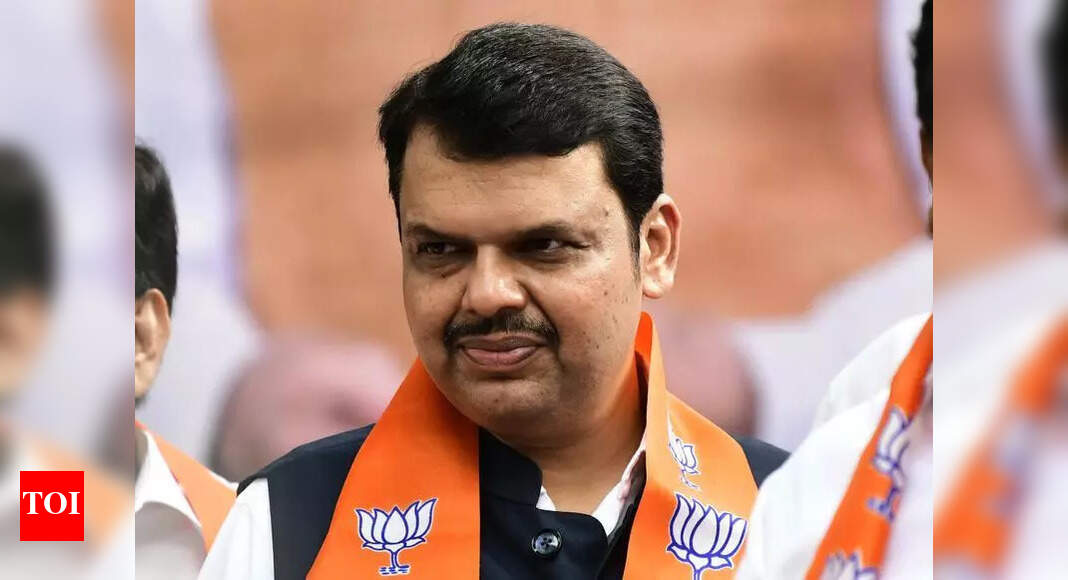Now Reading: India and UK Poised to Finalize Free Trade Agreement
-
01
India and UK Poised to Finalize Free Trade Agreement
India and UK Poised to Finalize Free Trade Agreement

### Fast Summary
– Prime Minister Narendra Modi is set to visit London, with expectations of signing a landmark Free Trade Agreement (FTA) between India and the UK.
– The agreement is undergoing final stages of “legal scrubbing” and last-minute refinements.
– Discussions during the visit will also address broader issues including trade, defense, technology, education, and people-to-people exchanges.
– India plans to raise concerns about Khalistani extremism and push for the extradition of fugitive economic offenders from the UK.
– Conversations about Western sanctions on Russia are expected,with India emphasizing its priority on energy security and advocating against double standards in global energy markets.
– Foreign Secretary Vikram Misri stated that maintaining balance is key in addressing Europe’s security concerns without sidelining issues affecting the rest of the world.- Modi’s agenda includes meetings with British PM Keir Starmer, King Charles III, and business leaders from both nations.
– Misri clarified that recent extraditions such as Tahawwur Rana’s case demonstrate progress on pending legal matters.
[Read More](https://timesofindia.indiatimes.com/business/india-business/india-uk-all-set-to-sign-free-trade-pact/articleshow/122845409.cms)
—
### Indian Opinion Analysis
The potential signing of an FTA between India and the UK marks a important milestone in bilateral relations post-Brexit, paving the way for enhanced cooperation across critical sectors like defence, technology, education, trade expansion and also fostering deeper socio-economic ties between citizens of both countries. For India specifically, this deal could play a catalytic role in supporting economic growth through increased exports while fostering investments.
India’s emphasis on energy security amid discussions over sanctions highlights its pragmatic approach toward global geopolitics-balancing national interests while navigating complex international conflicts diplomatically. The discussions related to Khalistani activities underline ongoing sensitivities around diaspora politics influencing bilateral relations.
Overall this visit reflects India’s broader geopolitical strategy: together strengthening alliances while ensuring India’s domestic priorities are safeguarded-a delicate yet critical balancing act amid evolving global challenges like sanctions or energy crises.




























